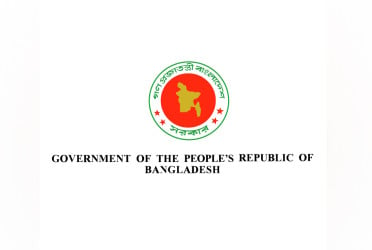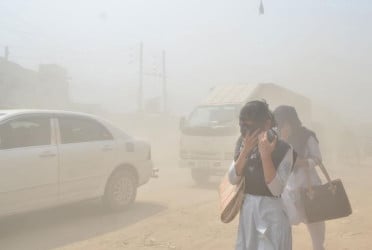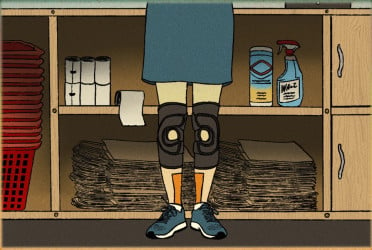Putting the next generation in dire consequence, people from irrespective of all have indifferently been using plastic products ignoring the matter of cycling or proper dumping to keep the environment protected from pollution.
Bangladesh produces around 3,000 tonnes of plastic waste daily which is 8 per cent of the total waste in the country.
Desperate dumping, lack of recycling and mismanagement, these plastic waste are creating health threats to aquatic animals living in water bodies as chemicals from the waste get mixed with water easily. Subsequently, people are subjected to the impact of the waste.
Experts said that the human body’s inevitable organs including the kidney and liver are damaged when chemical from plastic waste goes into the bodies having food. Besides, the tendency of being a cancer patient is mostly blamed for chemicals from plastic waste.
Expressing a grave concern, experts called upon the authorities concerned to take immediate actions to save nature and human beings from pollution and diseases.
According to a report by Environment and Social Development Organisation (ESDO) titled ‘Trans Boundary Movement Hazardous Plastic, Waste: Bangladesh Situation-2021’, some 250 tonnes of plastic straws and other plastic products are sold in the old Dhaka every month which cannot be recycled.
It said plastic products are dominated by pots of tomato ketchup, bottles of shampoo and conditioner, and toothpaste tubes, some 82,824 tonnes of plastic wastes are produced from food packets, cosmetics and other products.
A total of 22 per cent of plastic waste is produced in the rural areas while the rest is 78 per cent in the cities, the report said.
With the production of 14.5 thousand tonnes of plastic waste during the Covid-19 pandemic, the use of plastic products like hand gloves and sanitiser bottles was increased several times compared to the past since the beginning of the pandemic.
The report also claimed that there are around 3,000 factories which are directly involved with the production of plastic products.
Most plastic waste is dumped in the land and water bodies while some 50 per cent is collected by conservancy workers and 37 per cent remains in drains and roads, the report said.
Terming recycling of plastic waste as a challenge, ESDO General Secretary Dr Shahriar Hossain told Bangladesh Pratidin that the tendency of ‘single use’ of plastic products is increasing daily and such products are dumped at open places.
"This is a big challenge now."
Warning people about the use of plastic products, he said some 12-18 types of chemical elements are used in a multicolour placket while 10 out of the 18 elements contain high-grade poisonous chemicals.
The water bodies get polluted badly due to the impact of the poisonous plastic waste dumped by people recklessly, Shahrier added.
He also urged people to be more cautious about the bad impact of plastic waste.
@The article appeared on print and online versions of The Bangladesh Pratidin on September 16 and rewritten in English by Salamat and Golam Rosul.


































































